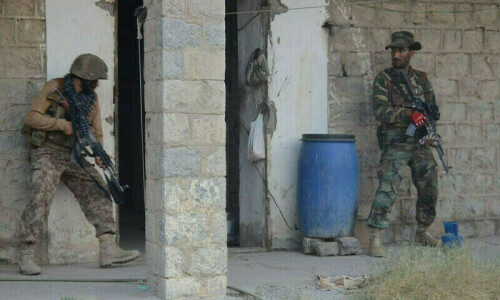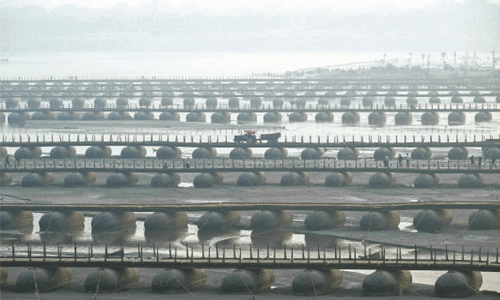ISLAMABAD: The PTI has asked whether the Supreme Court has the jurisdiction to hear petitions against sit-ins and whether any judgments can be passed by the apex court to direct or regulate a political gathering in the form of a dharna.
PTI posed the question in response to the apex court’s call for recommendations from political parties over a petition regarding extra-constitutional steps and sit-ins in the federal capital.
PTI’s counsel Yousuf Khosa submitted the party’s response before the five judge bench headed by Chief Justice Nasirul Mulk.
The response asked if the apex court could give guidelines on sit-ins and if there were any laws on such demonstrations in the country.
The party asked as to how a political sit-in should be regulated in the future in a manner that does not violate fundamental rights guaranteed under the Constitution. It also posed questions relating to the scope of Article 16 of the Constitution with respect to sit-ins.
“What amounts to a reasonable restriction imposed by the law?” the party asked the question in its written response.
Also read: SC fears civil war if revolt becomes norm
“What falls under the remit of interest of public order? What determines the extent of the reasonableness of the restrictions and what actions would be in the interest of public order?...what is the redressal mechanism for the citizens of Pakistan who are of the view that they have been deprived of their right to assembly as provided under the Constitution and deprived unlawfully by the state.”
It also asked: “What are the responsibilities and obligations of the government against whom such a political dharna is being exercised?”
PTI’s response came a day after the Pakistan Muslim League – Quaid (PML-Q) submitted its reply in the court saying the current dispute should be resolved by the political leadership in accordance with the principles of democracy.
Both PTI and Pakistan Awami Tehreek (PAT) have been holding sit-ins in the federal capital since August 14.














































